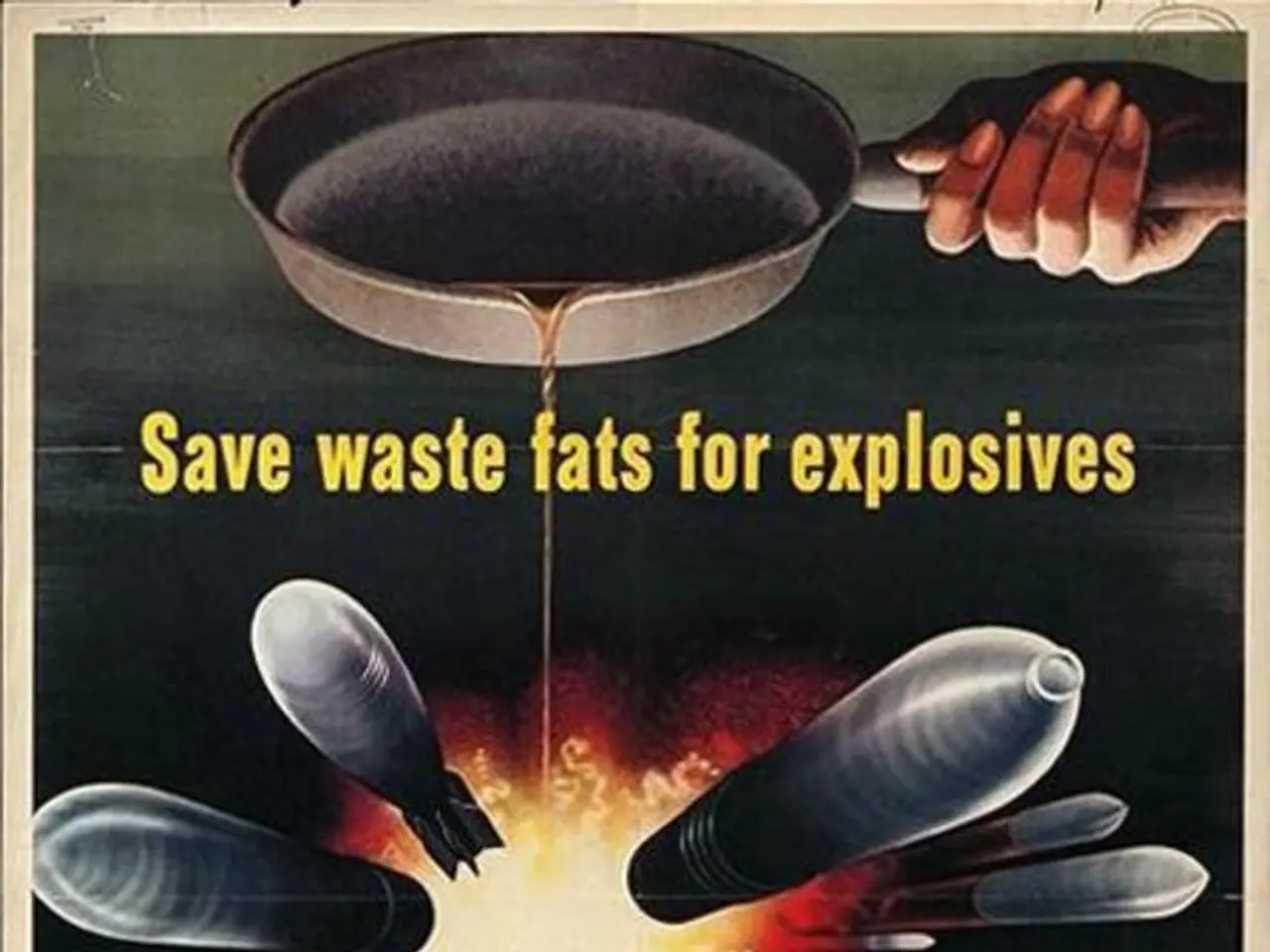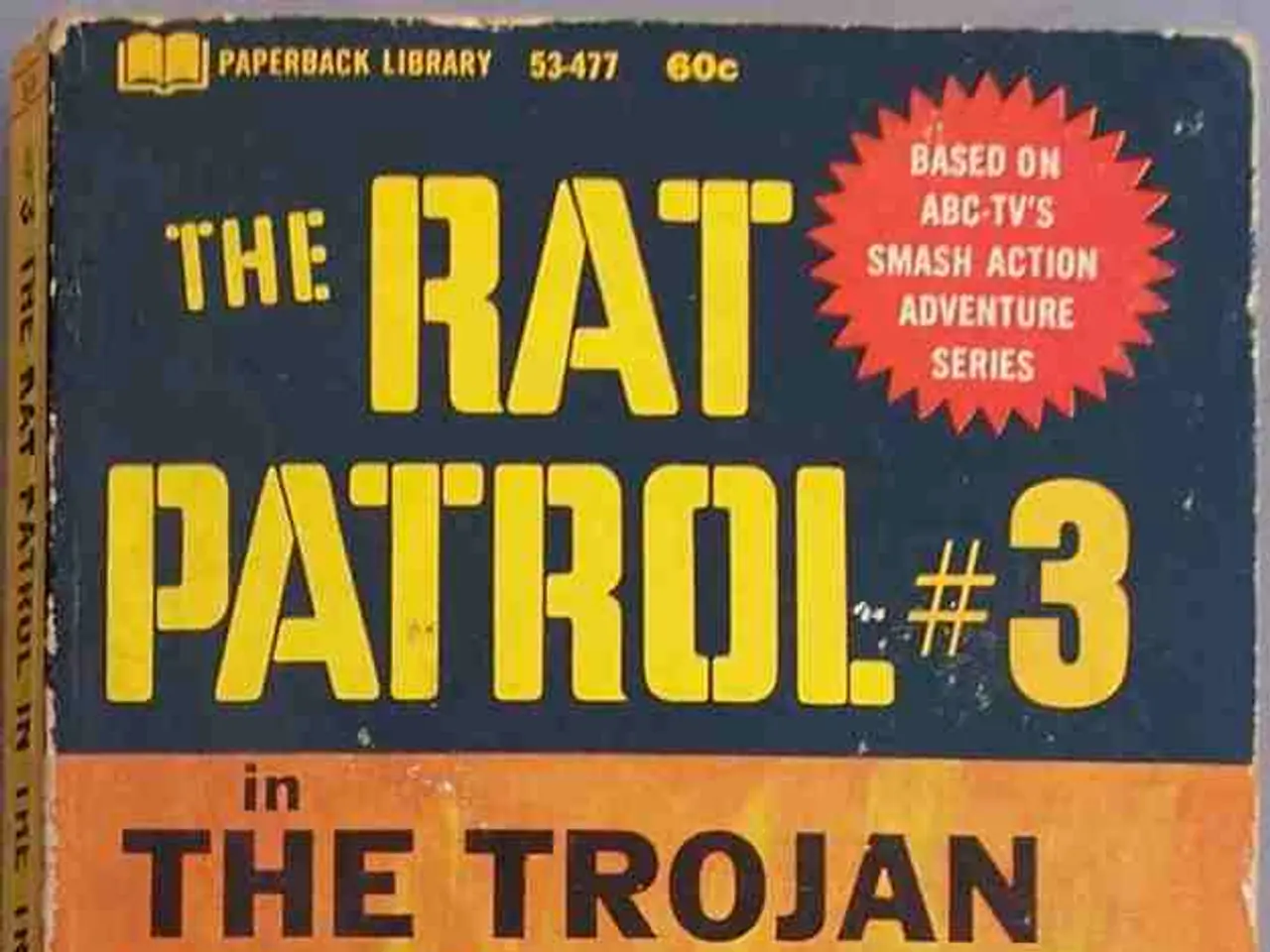A Nod to the Past: Remembering the Storming of the People's House in Düsseldorf
Dusseldorf: The 90-year-old Nazi attack on trade union headquarters - and the lasting lessons derived from it
In the heart of Düsseldorf's old town, a somber ceremony took place at Flingerstraße 11. Mayor Stephan Keller, CDU, along with Sigrid Wolf, DGB chief, unveiled a new memorial plaque to commemorate the storming of the trade union-owned People's House on May 2, 1933. The event brought together politicians from various parties in a united show of defiance towards right-wing extremism.
Erecting a Symbol of Resilience: The New Memorial Plaque
The unveiling was a poignant moment, with numerous SPD, CDU, FDP, and Greens politicians in attendance. Oliver Schreiber, SPD vice-president, saw this gathering as a beacon of hope. "The political firewall against right-wing extremists must stand. There must be no inch of cooperation with the AfD," he stated.
A Call to Remembrance and Warning
After the plaque unveiling, all gathered for a memorial service. Stephan Keller, Düsseldorf's mayor, was one of the five speakers who addressed the issue. Reminders of the events of 1933 still resonate, though parts of the trade unions still marched alongside the Nazis during the May demonstrations in Düsseldorf. The city was transformed into a Nazi power center in a matter of days, as the trade unions were banned the day after the People's House was stormed.
A Historical Perspective: The Road to Tyranny
Sigrid Wolf provided historical context for the storming. The darkness of the Nazi regime had been slowly brewing since the emergency decrees of 1931, resulting in drastic wage cuts. The free trade unions, divided within their own ranks, did not recognize the looming threat and suffered a significant defeat.
Stella Rütten from DGB Youth detailed the chaos and destruction that unfolded as a result of the storming. Union houses were raided, workers' homes attacked, and union leaders were arrested and sent to concentration camps. After World War II, the DGB was established as a united labor force, strong in its fight against right-wing radicalism, racism, and intolerance.
Self-Reflection: The SPD's Role in the Storming
Oliver Schreiber acknowledged the overwhelming pace at which the Nazi regime consolidated power. He admitted the extreme brutality and willing servility that transformed various sectors of society—including culture, economy, and media—into a totalitarian leader state. The SPD, he confessed, did not foresee the development and initially considered communists to be the real enemies.
Honoring the Resistance: The Düsseldorf Jonges
The courageous efforts of the Düsseldorf Jonges were highlighted, as they worked tirelessly to ensure that the events of 1933 would not be forgotten. The Jonges had played an instrumental role in attaching the first memorial plaque at the former Volkshaus in 2015.
Preparing for the Future: A Special Exhibition
Dr. Bastian Fleermann, the director of the Düsseldorf Mahn- und Gedenkstätte, concluded the memorial service by sharing details about an upcoming special exhibition, "1933—A Year of Change in Düsseldorf." It is scheduled to run from May 31 to the end of September 2023 at the Mahn- und Gedenkstätte. The exhibition will explore twelve events and main themes showcasing how Düsseldorf, once a city of strong democratic tradition and a center for art and culture, became a power center for the Nazi regime in the shortest time possible.
Fleermann emphasized that none of these events occurred in secret, reinforcing the importance of remembering the past to avoid repeating it in the future.
In the spirit of unity against right-wing extremism, various political parties gathered at the new memorial plaque, including representatives from SPD, CDU, FDP, and Greens, highlighting the importance of politics in standing against war-and-conflicts and general-news like the storming of the People's House in Düsseldorf.
Sigrid Wolf, DGB chief, provided historical context during the memorial service, emphasizing that reminders of the events of 1933 still resonate and remain relevant in the face of modern-day war-and-conflicts and general-news involving right-wing extremism.





